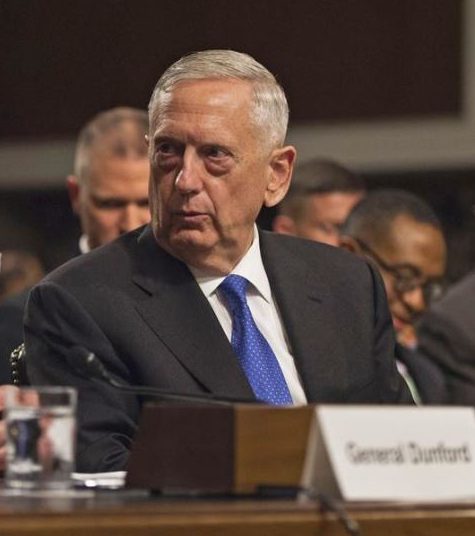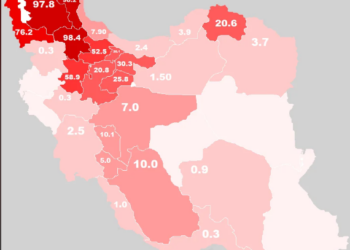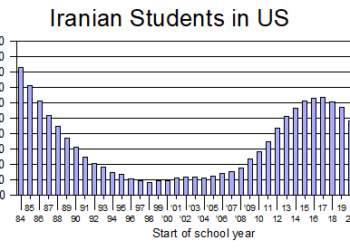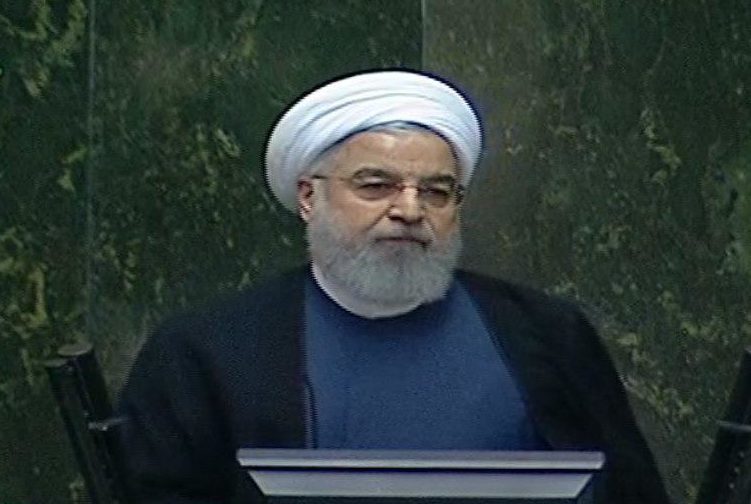September 21, 2018

US Defense Secretary Jim Mattis says the US military has at the ready constantly updated plans to use military force in Iran if need be.
“We maintain military options because of Iran’s bellicose statements and threats,” he said at a hearing August 15 of the Senate Defense Appropriations Subcommittee, and “those plans remain operant.”
Mattis was responding to questions from Democratic Sen. Patty Murray of Washington, who said the risk of war had “dramatically increased” following President Trump’s announcement that the US was withdrawing from the nuclear deal.
Mattis said diplomacy is his first choice, but “we are always updating those plans” for the military option. “It’s a constant. The plans are updated as rapidly as needed.”
What he did not mention was that plans for invading Iran go back many decades and even preceded the 1979 revolution. At that time, the US had invasion plans for use in the event the Soviet Union invaded Iran in the north and took over the country. The main job of the peacetime military is to plan for all sorts of contingencies.
Mattis said funding in the current defense budget is sufficient to back up the contingency plans for Iran and he does not anticipate asking Congress for supplemental funding.
Democratic Sen. Tom Udall of New Mexico questioned whether Trump has authority under existing laws and the 2001 Authorization for the Use of Military Force (AUMF) to order a “unilateral attack” on Iran.
“I’d prefer not talk about a hypothetical case like that,” Mattis said, but “everything that we are doing, and you can see it with Korea, we’re diplomatically led on this. We’re not talking about any default to war.”
With regard to Iran, Mattis said, “We will continue to work alongside our allies and partners to ensure that Iran can never acquire a nuclear weapon, and will work with others to address the range of Iran’s malign influence.”
A main factor in Trump’s decision to withdraw from the JCPOA, Mattis said, was that “we found it inadequate for the long-term effort” aimed at curbing Iran’s destabilizing influence in the region and limiting its ability to develop nuclear weapons.
Neither Mattis nor Joint Chiefs Chairman Gen. Joseph Dunford disputed that they had repeatedly affirmed the nuclear agreement was working in terms of verifying Iran’s compliance on nuclear programs, but they deferred to Trump’s decision.
“It was not a hasty decision,” Mattis said, suggesting that there had been a vigorous debate at the White House. In the end, “the president affirmed [the deal] was not being lived up to.”
Democratic Sen. Tammy Baldwin of Wisconsin read back to Dunford his testimony before the Senate Armed Services Committee last July in which he said he was “not aware of any violations” and “I believe it is in the nation’s interest to continue to implement the Iran nuclear agreement.”
Dunford replied that “the president has changed the policy,” and “my job now is to adjust to that reality.”



















